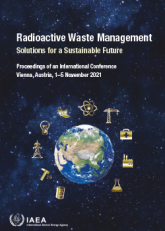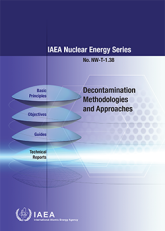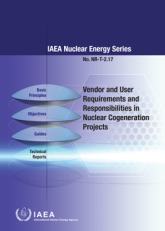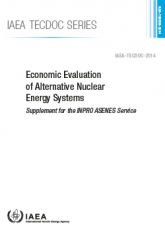Ordering Locally
Please use the following links for an up-to-date list of IAEA distributors:
Distributors of IAEA Publications
Orders and requests for information may also be addressed to:
Marketing and Sales Unit
International Atomic Energy Agency
Vienna International Centre
PO Box 100, A-1400 Vienna,
Austria
Tel.: +43 1 2600 22529, +43 1 2600 22530
Email: sales.publications@iaea.org





















